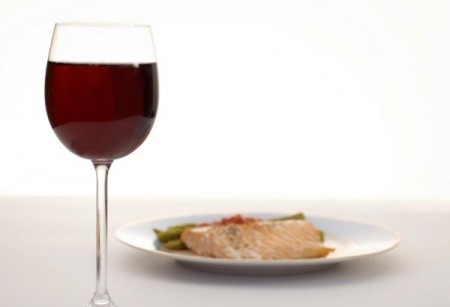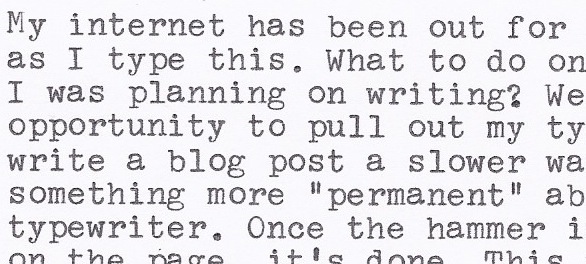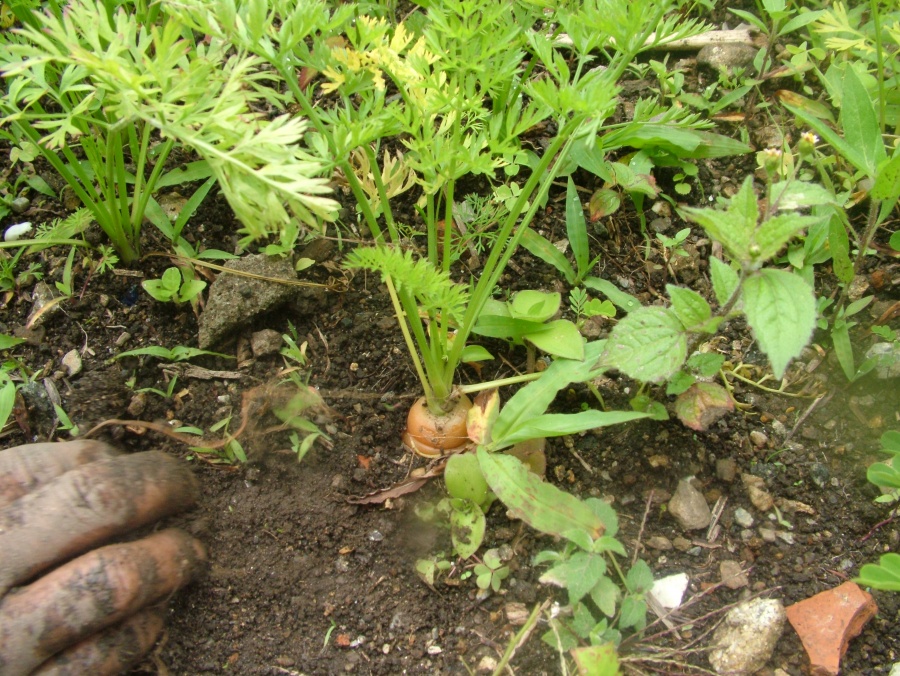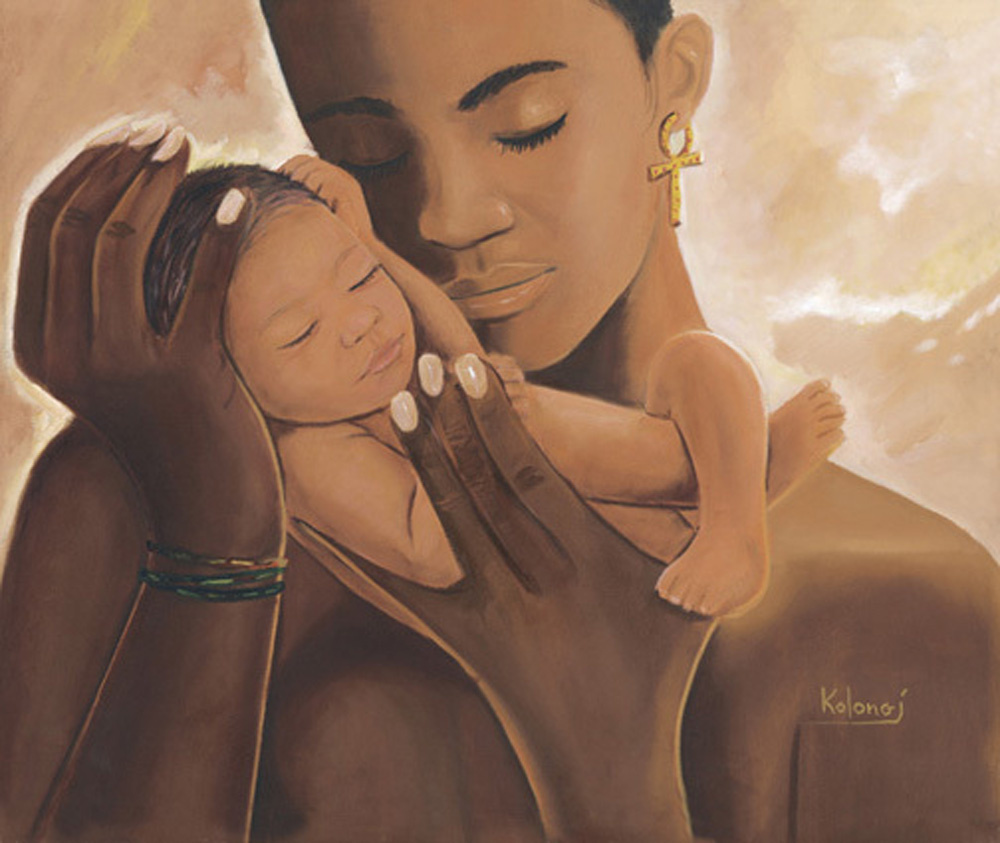When it comes to wine, I’m far from being an expert. I couldn’t tell you whether I preferred an oaky dry Sauvignon Blanc, a “rustic” Zinfandel with notes of sage and spice, or a Merlot with flavours of cedar and toasted almonds. And I probably couldn’t taste the difference between a $30 bottle and a $500 bottle, not to mention vintage year. I usually go about choosing wine more or less like this:
I used to work for a concierge service where people requested $80 Veuve Cliquot champagne, $6,000 Patek Philippe wristwatches, and $12,000+ Birkin bags. It’s not like those brands produce indestructible products. They may be good quality but they’re probably not worth those prices. But those prices make them exclusive. People who buy expensive handbags or expensive bottles of wine feel that they are in a club others are not. It adds to a perceived status and a sense of self-worth. Most people, religious or not, would tell you that this is a falsehood. Things don’t add to who you are.
What about pleasure? Shouldn’t we be able to buy things for the sake of pleasure? Absolutely. God, at least from the Christian perspective, would not be opposed to pleasure. It’s an authentic part of life. The Dalai Lama says that the purpose of life is happiness. We all strive to avoid suffering and seek to be happy. Material things can bring a happy pleasure to our lives. Saint Ignatius would agree but put the spin on it that says all things are good so long as they lead us closer to God. And perhaps a good bottle of wine lubricates a gathering of people whose friendships are important to each other (remember the wedding at Cana?).
But do I need to pay $100 for wine? Do I need a 15 year old vintage? Saint Ignatius might say that is bordering on a disordered attachment to a material thing for the purpose of upping my status or showing off. Using God’s gifts in a “disordered” excess is an attempt to create a false self that only deeper hides the genuine you.

Profundity from a wine steward
Back in June I was on a cruise and when the wine steward came to our table at dinner I asked him which wine would go well with the fish I was going to order. He asked whether I preferred white or red. Well, duh, I thought, you don’t have red wine with fish! “I can tell you which wine is supposed to go well with the fish,” he said. “But you should have what you like. That’s the most important thing.”
 I found this absolutely profound. In a culture where we are ruled by certain rules and traditions and supposed-to’s, we often shy away from having what we actually will enjoy. It’s as if society is telling us to fit a plastic mould rather than letting us be truly authentic. We are dictated what we’re supposed to like. We give diamond engagement rings because we’re supposed to. We prefer thin over fat because we’re supposed to. We vote Democrat or Republican and not a third party because we’re told the status quo is what is best. I figured I “wanted” white wine since I was having fish, even though I might have preferred red in that moment.
I found this absolutely profound. In a culture where we are ruled by certain rules and traditions and supposed-to’s, we often shy away from having what we actually will enjoy. It’s as if society is telling us to fit a plastic mould rather than letting us be truly authentic. We are dictated what we’re supposed to like. We give diamond engagement rings because we’re supposed to. We prefer thin over fat because we’re supposed to. We vote Democrat or Republican and not a third party because we’re told the status quo is what is best. I figured I “wanted” white wine since I was having fish, even though I might have preferred red in that moment.
The wine of life is what you make it. This is not to say we blindly and undiscerningly do what we want. This is about having a greater awareness of our desires and not just filling expectations that only make us less ourselves. Showing off a Louis Vuitton bag does not show others who I really am deep within, neither does being a snob about wine. I would rather be confident in my tastes and interests even if they rub against the grain of the expectations of the status quo. So if you have wine at your next meal, have what you want.
How often do I notice that I’m positioning myself to get a rise out of others? Can I be aware in the moment that these material things are not part of the identity God gave me? Can I enjoy material things with gratitude to God and without letting them become an excessive attachment?
Listen to an audio version of this post…
Music by Kevin MacLeod









a worker told me:: when you want a car badly it looks so great.
After you bought it, you forget about it. It is jvst in front of your door.
It is a lesson for me: what is really important in my life.
Hello, This is the awesome combination and it is also my best dish. A red wine with fry fish so tasty dish. Next Sunday i want to fry fish with wine instant oil. I am so excited to make this.